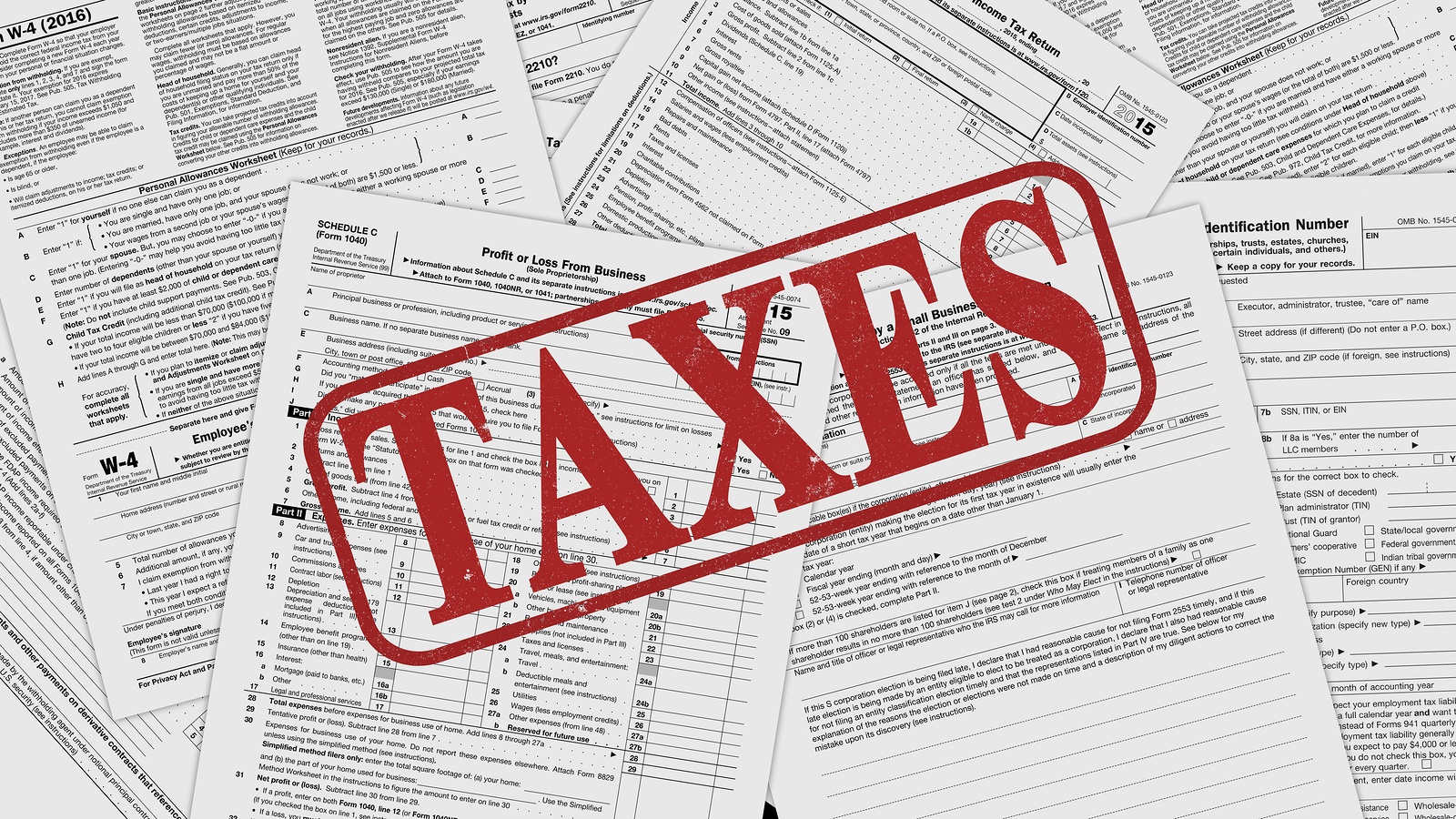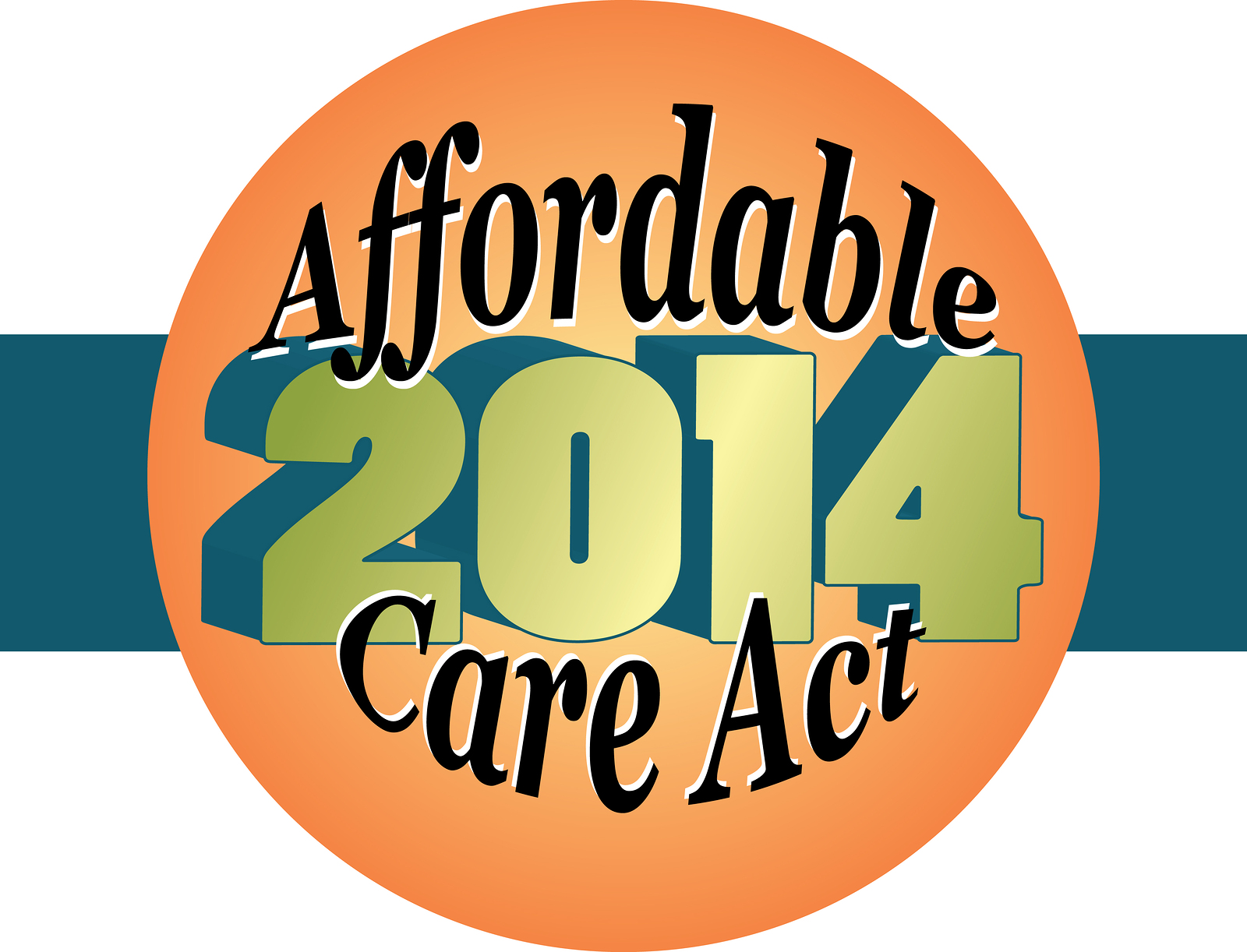Your appointment with your tax preparation services is the next day, and you don't have any idea where your files are. You find yourself scrambling around to secure your records as you prepare for the meeting. You look on your computer, in drawers, and in countless files. You finally find some of your records and hope you have enough to get the job done. Sound familiar?


As a small business owner, you may have learned the hard way how important it is to stay on top of cash flow management. Have you ever found yourself in a situation where payments are due, but the money is not available? It can be difficult to manage the cash flow on your own. An alternative is to contract out your bookkeeping services to a Certified Public Accountant (CPA).

Many small business owners pay too little attention to their financial statements. Unfortunately, these owners don’t understand just what the statements have to offer. They should become familiar with three basic financial statements – Balance Sheet, Income Statement, and Cash Flow Statement.

Bookkeeping is a necessary step that needs to be utilized in your company, and many small business owners fail to implement an effective bookkeeping system. If you aren’t managing your accounting in the right way, then it is more difficult to make ongoing financial decisions for your company.

In our past blogs, we’ve talked about some of the tax deductions you can get as a landlord. But guess what? None of those tax deductions matter if you don’t have the records to claim them.

If you are investing in rental property, then you’ll become well-acquainted with the Schedule E tax form. The Schedule E is where you’ll report all of your expenses and income for the year, and take advantage of any deductions you may want to claim.

It is easy for business owners to get stuck in old habits, and sometimes business practices are hindered because the employees and management are caught up in myths. Here are ten of the most common myths about small business management, so that you can check your systems and avoid these traps:

As a small business owner, it is imperative that you correctly manage the cash flow of your business. Otherwise, you might find yourself in a situation where payments are due, but the money is not available. It can be difficult to manage the cash flow on your own. An alternative is to enlist the services of an experienced Certified Public Accountant (CPA) to help with financial management.

Many small business owners pay too little attention to their financial statements. Unfortunately, these owners don’t understand just what the statements have to offer. Small business owners should become familiar with three basic financial statements – Balance Sheet, Income Statement, and Cash Flow Statement.

Small businesses may be missing out on an important new tax savings related to health insurance. The stakes are high in 2014, so DC area small businesses should take these health insurance tax credits into account when doing their financial and tax planning.




